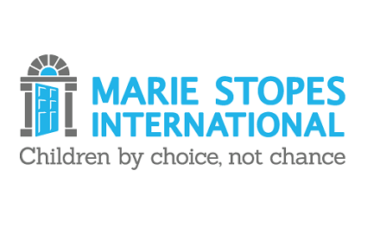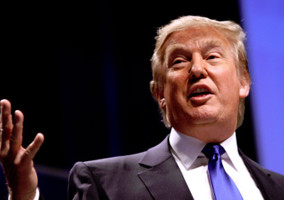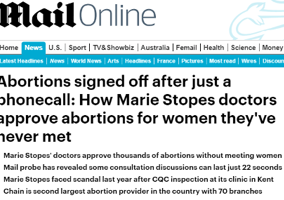Marie Stopes International has been forced to cut back its programmes in the past year following US president Donald Trump’s reintroduction of a policy banning abortion funding, which it says will cost the charity £60m over the next three years.
Trump signed an executive order to re-introduce the Mexico City Policy, which bans state funding for any international organisations that offer abortion services, as one of his first actions as president last year.
In a press release, the charity says that it has been able to secure replacement funding to keep most services running in the short term but warns that “from the middle of 2018 many of its programmes are facing a cliff edge”.
Marie Stopes says its voucher programme in Madagascar has already had to close due to the withdrawal of US state funding, and a further 22 outreach teams and 150 public sector franchises the charity runs in the country are at risk.
In Uganda, Marie Stopes has closed five of its 35 outreach teams and another 12 are at risk. The charity says these teams currently visit all 117 districts in Uganda, but this will be slashed to just 47 districts if no new funding is found by June 2018.
And in Zimbabwe Marie Stopes has already halved the number of outreach sites it visits from 1,200 to 600 and says six of its outreach teams in the country are at risk.
Marjorie Newman-Williams, Marie Stopes International’s vice-president and director of external affairs, said: “We have been deeply moved by the support and donations we have received over the past year and we are doing everything in our power to mitigate the impact of this policy.
“However, unless we can fill the $80m (£60m) gap created by the Global Gag Rule, it will deprive millions of women of the contraception they need to prevent an unintended pregnancy, and it is the world’s poorest women and girls who will bear the brunt.”
Charity’s pledge at risk
Despite the withdrawal of funding, which accounted for 17 per cent of Marie Stopes International’s donor income, the charity says the contraception it provides has been used by 6 per cent more people, now 26.9 million, in 2017.
However, the charity says this rise is considerably less than the 20 per cent increase the previous year and says the lack of funding is putting at risk a pledge it made in 2012 to increase the use of its services by 12 million people.
Related articles












